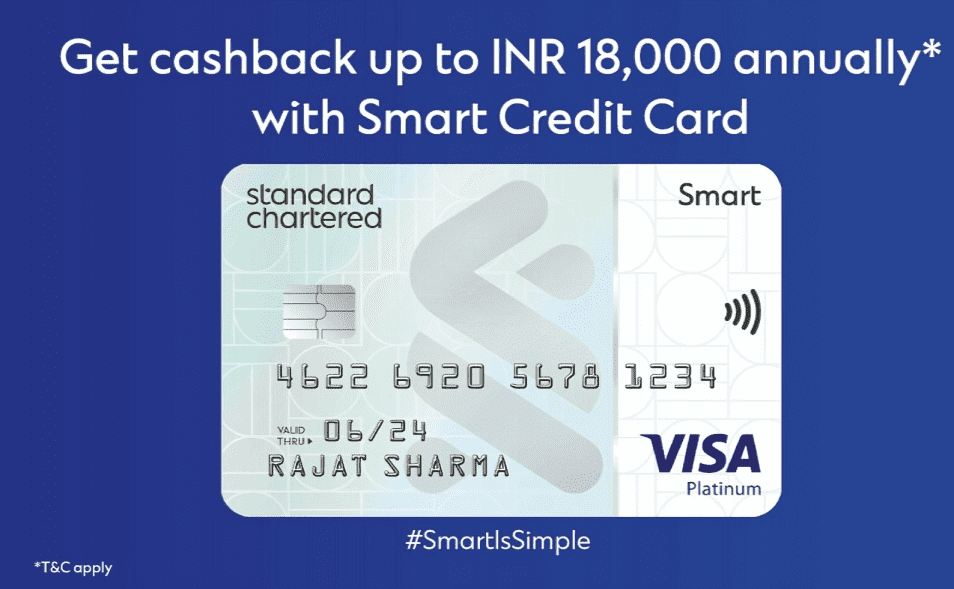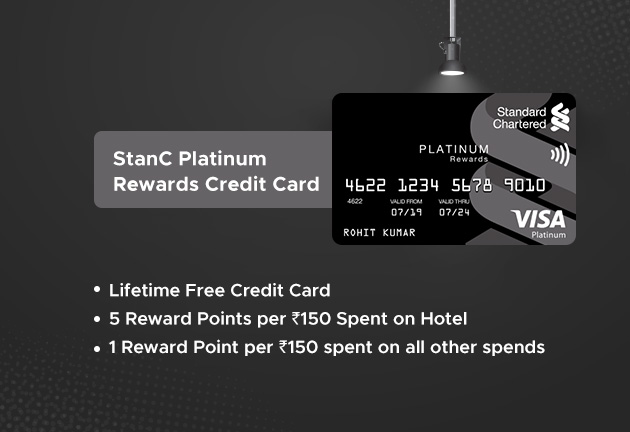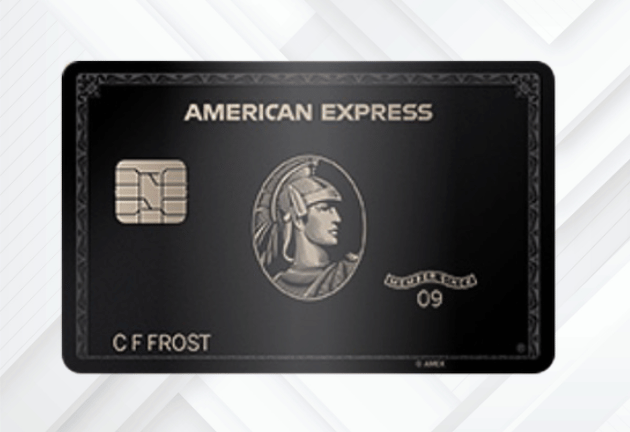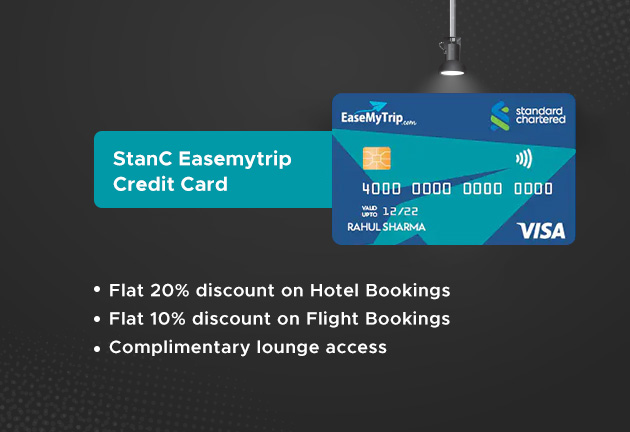Standard Chartered Smart Credit Card Review [2024]

The Standard Chartered Smart Credit Card can be a good choice if you spend a lot on fast food, streaming services, and public transportation. Its unique features and decent cash rebates make it attractive, but it may not be perfect for everyone.
Overview: Standard Chartered Smart Card
The Standard Chartered Smart Card launched in October 2021, marking itself as the bank’s first carbon-neutral card. Cardholders can enjoy no annual fees, good rewards on specific categories, and other perks. However, certain changes have affected its standing in the market.
If you’re comparing this card with others offering cashback, consider reading about the SBI Cashback Credit Card to see how it stacks up in terms of rewards and features.
Key Features
| Feature | Details |
|---|---|
| Income Requirement | $30,000 p.a. |
| Annual Fee | None |
| Local Earn Rate | 0.46 mpd |
| Special Earn Rate | 5.6 mpd on fast food, streaming, SimplyGo |
| Points Expiry | Up to 3 years |
If you’re looking for cards that focus on fuel rewards or cashback on transportation, the Axis Indian Oil Credit Card might be an alternative to consider for its fuel benefits.
Earning Points: Is It Worth It?
The Standard Chartered Smart Card offers:
- 5.6 mpd or 6% cash rebates on fast food, streaming subscriptions, and SimplyGo.
- No annual fee.
- 10,000 miles minimum conversion block, leading to possible orphan points.
The card has an attractive earn rate but be aware of the limitations like high minimum conversion blocks and specific qualification conditions for bonus points.
For those who are interested in travel rewards and higher mile earning rates, you might also want to explore the Axis Magnus Card, known for its generous travel perks and rewards program.
Changes in Points Pooling
Previously, Standard Chartered pooled points across cards, allowing for better conversion rates if combined with the StanChart X Card or Visa Infinite Card. This perk ended in early 2023, reducing the Smart Card’s overall value.
For a more comprehensive option where points pooling isn’t an issue, the IndusInd Bank Legend Credit Card offers a wide array of benefits across multiple categories.
Implications of the Change
This change forces users to rethink their strategy. Without pooling, the card’s standalone value becomes less compelling, especially if you’re aiming for miles.
Should You Get the Standard Chartered Smart Card?
The answer depends on your spending habits. If you regularly spend on fast food, streaming, and public transportation, this card could offer decent rewards. However, the high minimum conversion block and specific spend conditions may not make it ideal for everyone.
For those seeking an alternative with more flexibility, the Axis Bank My Zone Credit Card offers rewards across multiple spending categories, which might be more appealing depending on your lifestyle.
Pros
- No annual fee.
- Good earn rate on certain categories.
- Carbon-neutral card.
Cons
- High foreign currency transaction fee.
- No pooling of points among other Standard Chartered cards.
- Limited bonus category merchants.
Final Thoughts
In conclusion, the Standard Chartered Smart Card offers some solid perks in niche spending categories, but the end of points pooling and high conversion blocks might turn off potential users. If you’re into fast food, streaming, and public transport, go ahead; otherwise, you might want to consider alternatives such as the Flipkart Axis Bank Credit Card for more diversified cashback options or the Tata Neu HDFC Bank Credit Card for broader rewards across various categories.



